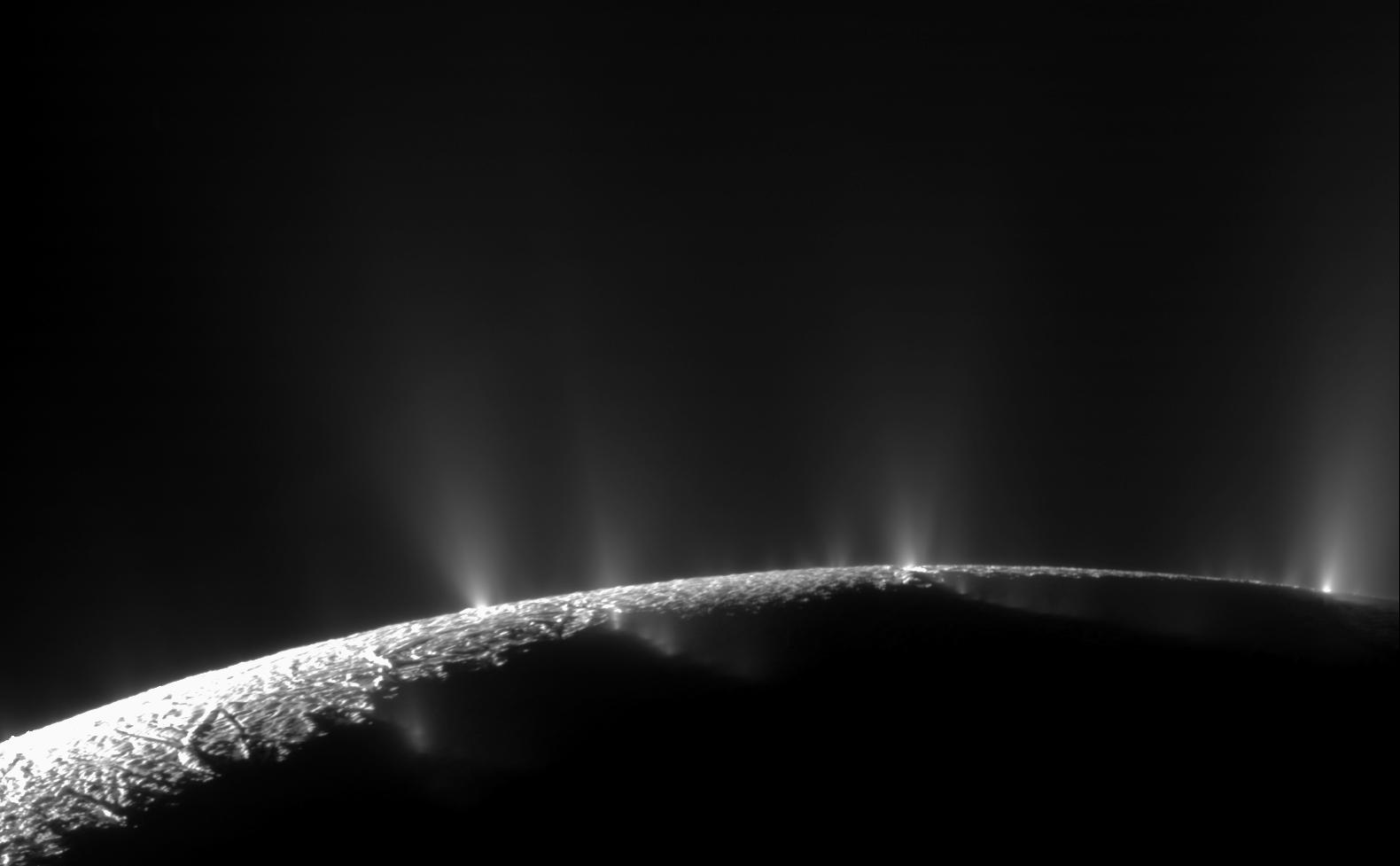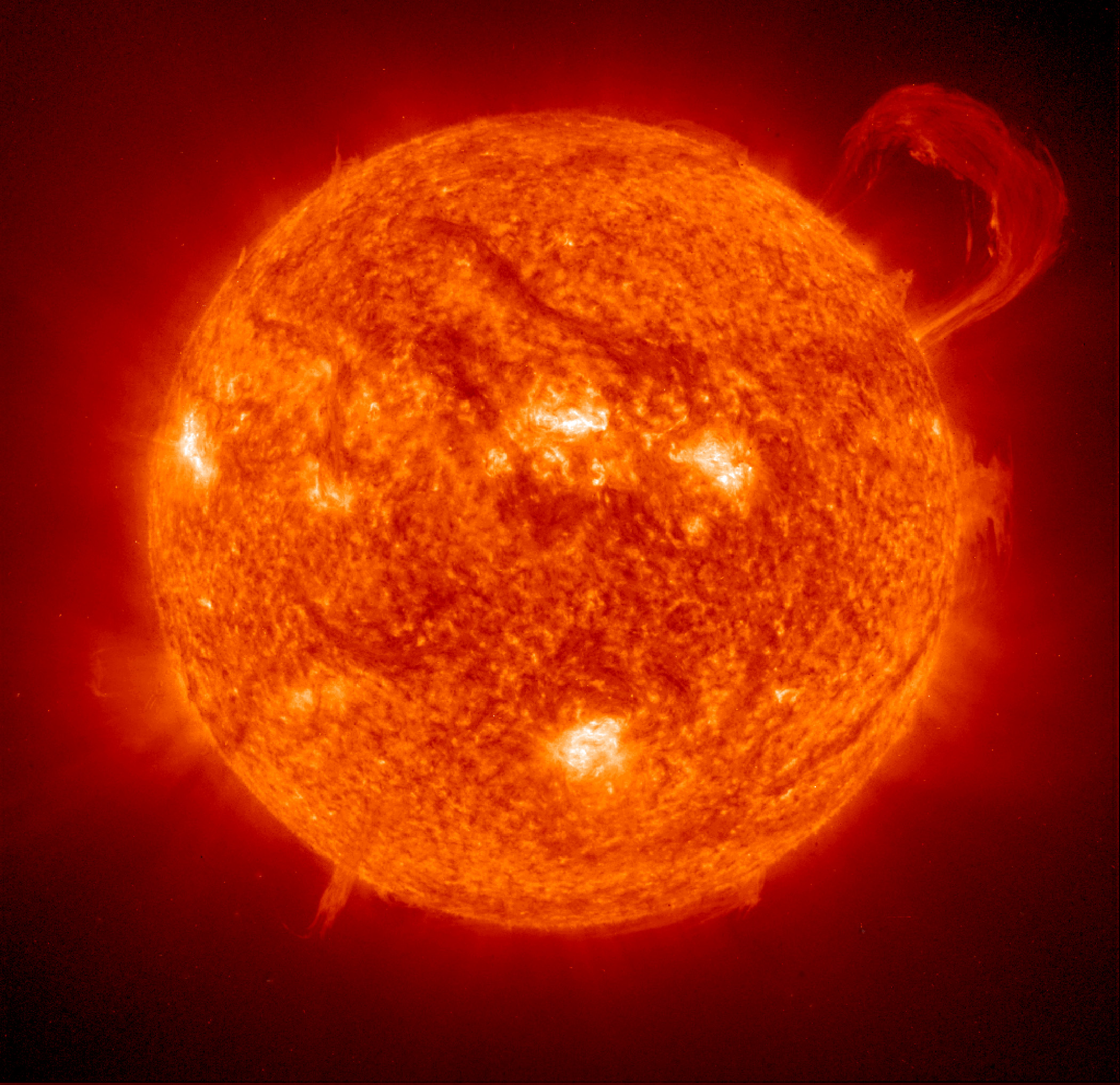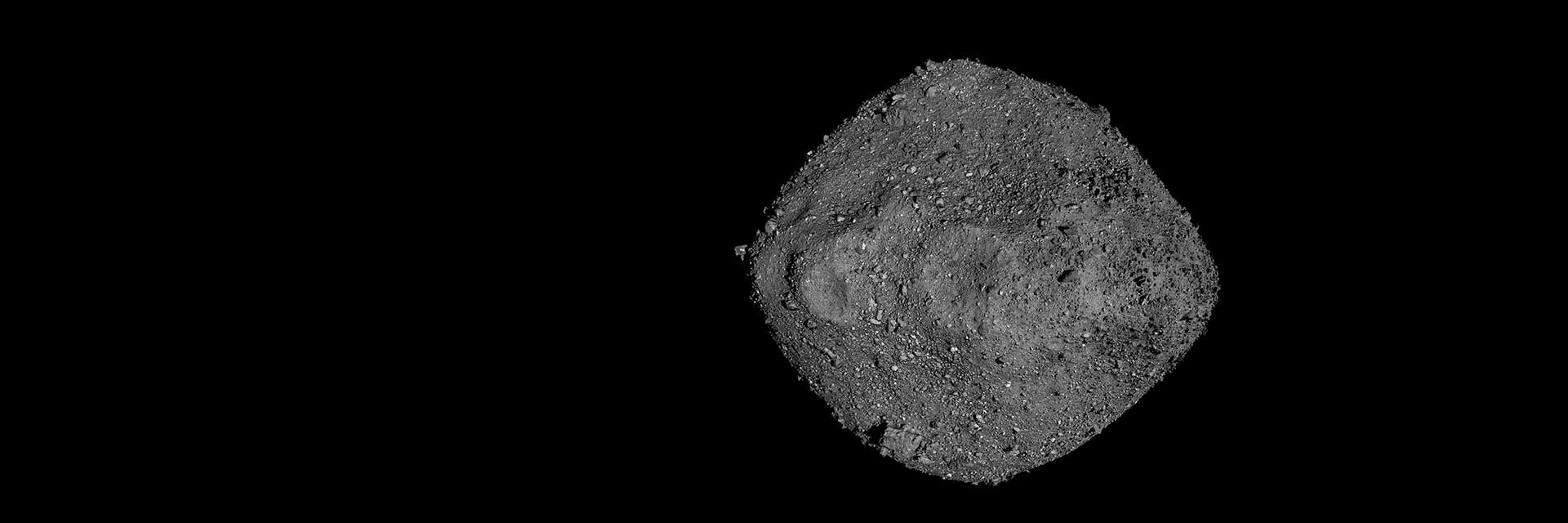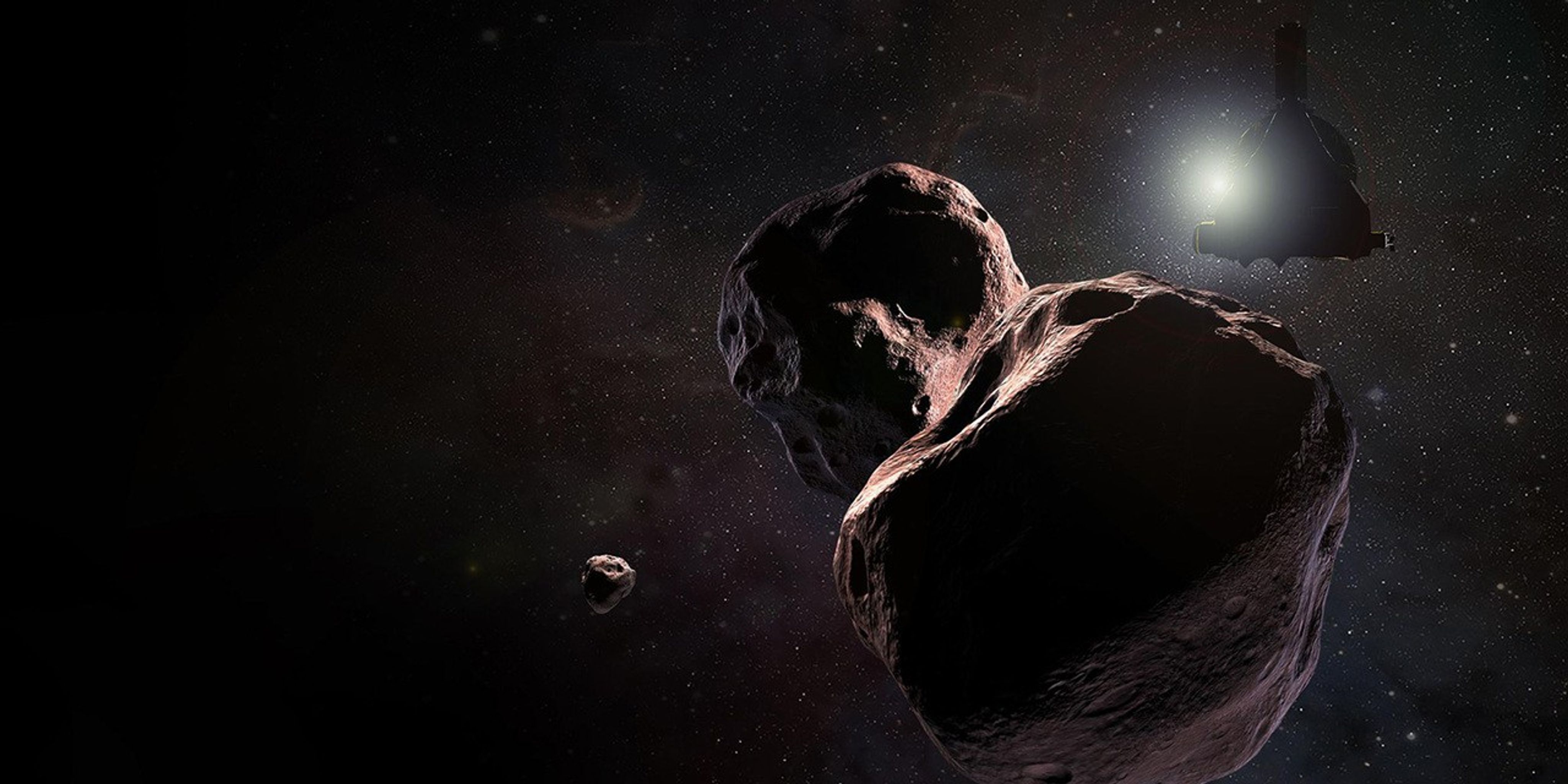4 min read
The most recent spacecraft telemetry was acquired on August 23 from the Deep Space Network tracking complex at Madrid, Spain. The Cassini spacecraft is in an excellent state of health and all subsystems are operating normally. Information on the present position and speed of the Cassini spacecraft may be found on the "Present Position" page at: http://saturn.jpl.nasa.gov/mission/presentposition/.
Wednesday, Aug. 17 (DOY 229)
Science highlights this week focused on Saturn atmospheric observations while on approach to periapsis. The Composite Infrared Spectrometer (CIRS) measured oxygen compounds in Saturn’s stratosphere as a function of latitude and performed a mid-IR limb scan to measure stratospheric thermal structure. The Imaging Science Subsystem (ISS) and the Visual and Infrared Mapping Spectrometer (VIMS) built up their Saturn wind speed measurements by observing every ten minutes to make a mosaic in longitude. The Ultraviolet Imaging Spectrograph (UVIS) completed two EUV/FUV observations, slow scans across Saturn's visible hemisphere to form spectral images, and probe the upper atmosphere. VIMS observed an occultation of the star omiCet by Saturn. VIMS also made a nearly-20 hour observation at periapsis to measure the time variability of winds and study temporal variations of features comprising the String of Pearls (clearings in the clouds), the Saturn Ribbon feature, and the “smoke rings." These observations over two Saturn rotations will provide valuable information on the oscillatory nature of the pearls.
Thursday, Aug. 18 (DOY 230)
The Saturn/Hyperion live Inertial Vector Propagator (IVP) update sequence was uplinked today over Canberra’s DSS-43 station. The sequence is registered and activated on board and will begin execution on 234/17:18:19 SCET.
Friday, Aug. 19 (DOY 231)
An Autorad session was approved, enabled and frozen in preparation for an uplink demo on Wednesday, Aug. 24. Autorad is a tool used for the auto-radiation of some of the command files being sent to the spacecraft. A problem publishing the Autorad List XML file to the Data Systems Operations Team (DSOT) Distributed Object Manager (DOM) was discovered in the process, indicating a parameter change on the DSOT DOM since the last use of Autorad by Cassini real time operations.
Monday, Aug. 22 (DOY 234)
Orbit Trim Maneuver (OTM) #288 was performed today. This was the periapsis maneuver setting up for the Titan 78 encounter on Sept. 12. The Reaction Control Subsystem (RCS) burn began at 9:30 AM PDT. Telemetry immediately after the maneuver showed a burn duration of 83.75 seconds, giving a delta-V of 0.092 m/s. All subsystems reported nominal performance after the maneuver. The next maneuver, OTM288a, is scheduled to execute on September 1; still targeting T78, it will clean up any dispersions resulting from OTM288.
The Mission Sequence System (MSS) team delivered the D14.3.1 software patch today. MSS software is used to generate sequence files and timelines for distribution as intermediate review products, and Sequence of Events, DSN Keyword File and the Space Flight Operations Schedule as formal review products. Also generated are the Command Packet File and the Command DSN file, which is the command file radiated to the spacecraft. This minor delivery was to identify and alert MSS users of improperly constructed array parameters in the Spacecraft Activity Sequence File (SASF).
Tuesday, Aug. 23 (DOY 235)
A mission planning forum was held today to discuss the official release of the updated reference trajectory by the navigation team. This update covers fiscal years 2013 and 2014 and allows for minor changes in DSN tracks and maneuver locations as well as minimizing changes to targeted flybys. This reference trajectory will be implemented starting with S72 which begins execution in January 2012.
The Spacecraft Operations Team (SCO) held an internal meeting today to review the progress on the Cassini Plasma Spectrometer (CAPS) problem. A Project follow-up meeting with the CAPS instrument team is tentatively scheduled for Sept. 22.
Non-targeted flybys of Epimetheus and Atlas occurred today.







